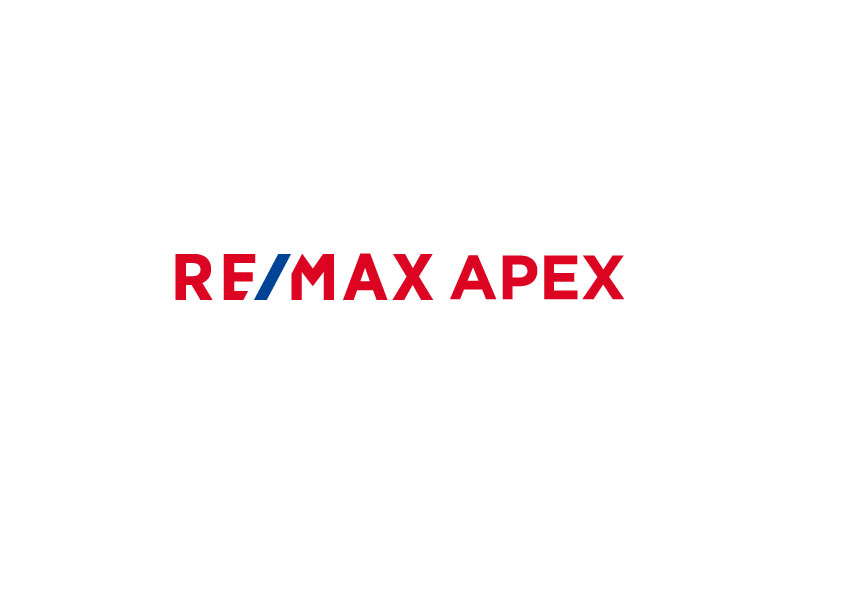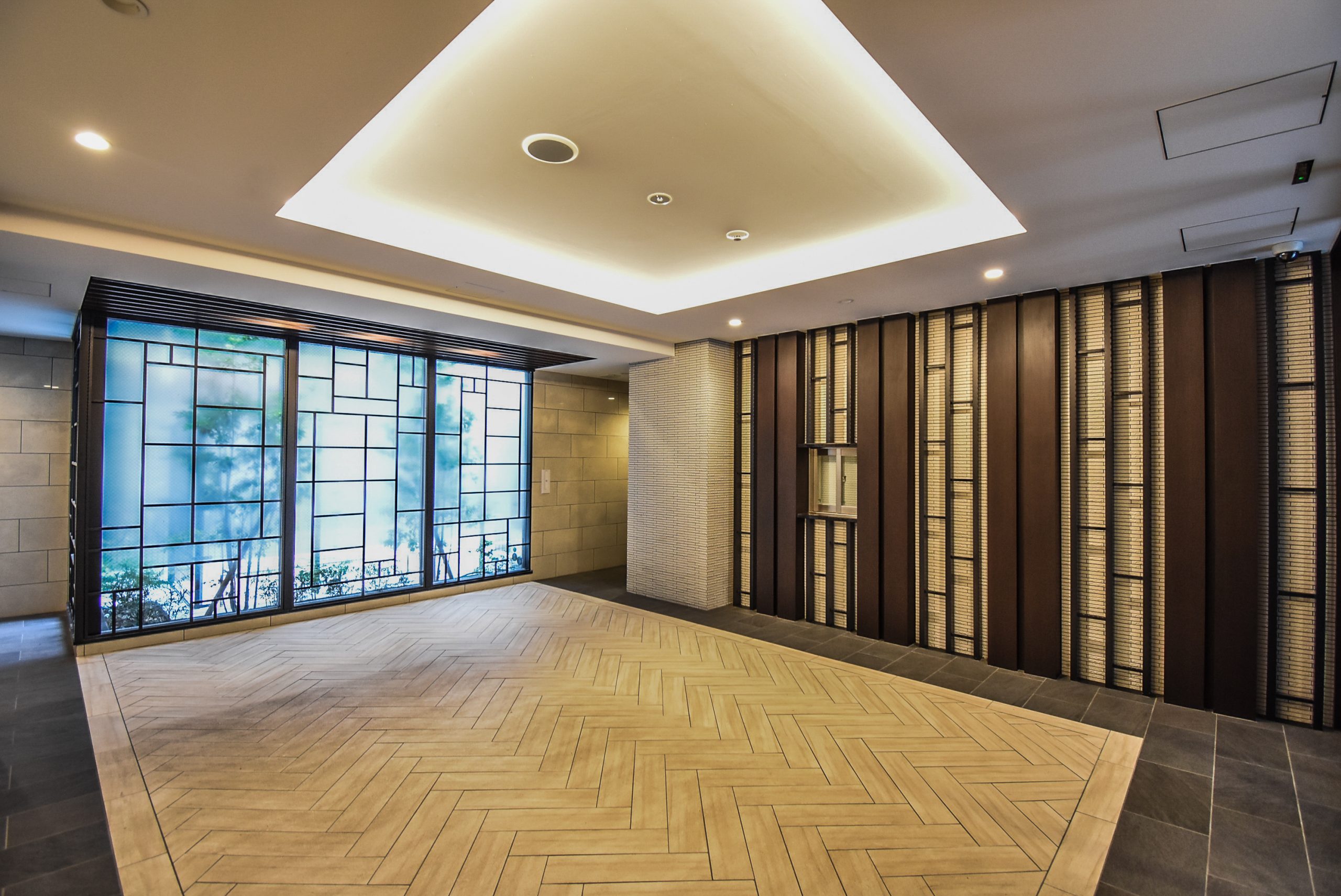There is a “danger line” that must not be crossed.
We often see the question on the Internet, “What percentage of my annual income should I limit my rent to?” In response to this question, many articles say “1/3 of your annual income. However, this is just a statement from the lender’s side (real estate agents and property owners). The average annual income in Japan is 4.33 million yen (based on the “2020 Survey of Private Sector Salaries”), and if rent is 1/3 of this amount, it amounts to 1.44 million yen per year, or 120,000 yen per month. Many people may have the impression that this is too expensive.
Therefore, we looked into the results of another survey. According to a survey by the Ministry of Land, Infrastructure, Transport and Tourism, the average annual household income of those living in private rental housing was 4.86 million yen, the average monthly rent was 76,000 yen, and the average common-area fee was 4,575 yen (“2020 Housing Market Trend Survey Report”). For this average rental household, rent (including common service fees) accounts for about 20% of annual income. This level can be considered the average ratio in Japan.
What about high-end rental properties?
On the other hand, for tenants of apartments managed by J-REITs (Japanese Real Estate Investment Trusts), we estimate an average of 25%.
Although apartments managed by J-REITs are of relatively high quality, when we saw this result, we were shocked and said, “That’s higher than the national average.” The reason being it is the same line where the probability of mortgage delinquency begins to rise.
The amount of mortgage payments to annual income is called the repayment ratio, and it is said that there is almost no delinquency if it is within 25%. However, when the ratio exceeds 25%, the delinquency rate begins to rise. Since mortgages are repaid over a longer period of time, such as 35 years, people do not borrow or lend so much that they cannot pay their mortgage. In fact, the total repayment burden ratio (the amount of scheduled repayments per month divided by the household’s monthly income) for Flat 35 repayers is 22.2% on average (Japan Housing Finance Agency, “Survey of Flat 35 Users in FY2020”).
In other words, if rent is 25% of income, they are paying more for housing than they own, and if 25%, which is the guideline for increased risk of mortgage delinquency, is the average rent ratio for J-REIT-managed apartment tenants, half of them are above this “danger line.”
How rent ratios increase.
In the case of rent, there are double and triple measures to deal with overdue payments. Contracts with a rent guarantor company to shoulder the rent in the event of delinquency account for 75% of all contracts, and joint guarantors are appointed or the security deposit is allocated.
In the case of the tenants of J-REIT-managed properties mentioned earlier, the probability is close to 100% that they are in a guarantor company. The risk is then borne by the guarantor company. If a rent delinquency occurs, the company is to respond solemnly according to the manual. In essence, the company collects the debt and evicts the tenant.
According to the results of the “Rent Debt Guarantee Usage Survey” conducted by the Japan Rental Housing Management Association, the percentage of tenants not allowed by rent guarantee companies is 4.4% for foreigners, 4.0% for welfare recipients, and 3.4% for single elderly persons (age 60 and over). In other words, they are allowed in most cases. It is assumed that many people take advantage of this and start living there.
There is another reason why the ratio of rent to annual income is increasing for properties managed by J-REITs. One is the increase in housing allowances. In Japan, the working population is already declining and there is a serious shortage of workers. As the hiring of new graduates and other workers intensifies, housing allowances and other benefits tend to become more generous. In particular, large companies such as publicly listed companies and IT-related companies are increasing their housing allowances. This means that the actual rent burden is reduced from the annual income ratio.
If you pay the same “25% of your annual income.”
If you pay 25% of your annual income for rent, you can buy a condominium for sale for the equivalent of 35 years of that amount. The reason is that now, with very low interest rates and tax benefits, the interest rate can be calculated to almost zero for 13 years (depending on the time of occupancy and other conditions). The following is a summary of how much a person with the following annual incomes can afford to buy a property.
- Annual income: 4 million yen, annual payment: 1 million yen, property price: 35 million yen (2.33 million yen)
- Annual income: 6 million yen, annual payment: 1.5 million yen, property price: 52.5 million yen (3.5 million yen)
- Annual income: 8 million yen, annual payment: 2 million yen, property price: 70 million yen (4.67 million yen)
- Annual income: 10 million yen, annual payment: 2.5 million yen, property price: 87.5 million yen (5.84 million yen)
The figures in parentheses ( ) are the tsubo unit price for a 50m2 condominium, which is in high demand among singles and couples living together. Even a single person with an annual income of 6 million yen can purchase a condominium in a fairly good location. Good location equals high asset value.
In many cases, in areas where the price of a condominium is about 3.5 million yen per tsubo, the annual decline is only about 1%. Then, with a 10% decline over 10 years, a condominium with a property price of 52.5 million yen would sell for 47.25 million yen after a decrease of 5.25 million yen. Even if the total expenses (e.g., brokerage fees and taxes on used sales and purchases) cost 8%, they would still be 4.2 million yen, therefore the total housing cost would be 9.45 million yen (79,000 yen per month on a monthly basis). In contrast, if the same rent is paid, it amounts to 15 million yen over 10 years, meaning that owning a house is more advantageous by 5.55 million yen.
For a person with annual income of 10 million yen.
Since property values are even higher in higher unit priced areas, it is highly likely that the price will not drop in a location with a property price of 87.5 million yen purchased by a person with an annual income of 10 million yen. If this is the case, the housing cost paid after living there for 10 years would be only 7 million yen, which is 8% of the overhead cost. In contrast, if one were to pay the same rent, it would amount to 25 million yen over 10 years, meaning that an 18 million yen owner-occupied house would be more advantageous.
Home ownership is advantageous in terms of taxation and interest rates
The most important thing is to recognize that rent can be a “waste of money.” This of course will be circumstantial to each individual and or hosuehold. We believe that the debate over whether renting or owning is more advantageous for asset building is overwhelmingly won by homeowners in the case of condominiums.
It can be calculated that the lifetime housing cost of renting costs 1.5 times more than that of owning. That is why we believe renters should pay as little as possible. The income-to-rent ratio should be small, and it is less expensive to live in an owner-occupied house compared to living in a rental house.
In other words, for the same amount of money, it is better to take out a mortgage instead of renting. In Japan, where the government encourages homeownership as a national policy, the taxation system for owner-occupied homes is very favorable. You should at least understand that owning a house is more advantageous than renting in every aspect, including taxation and interest rates.
We conclude that rent should be limited to 20% of your annual income. And, even if you are a single person, try to purchase a home when possible. At which point, 25% of your annual income to mortgage ratio would be a reasonable place to start. If you get married, you can sell it and move into a property for two or three people. This way, you can enrich your life while reducing housing costs.

For additional information or any questions please contact us here
Email: info@remax-apex.com

